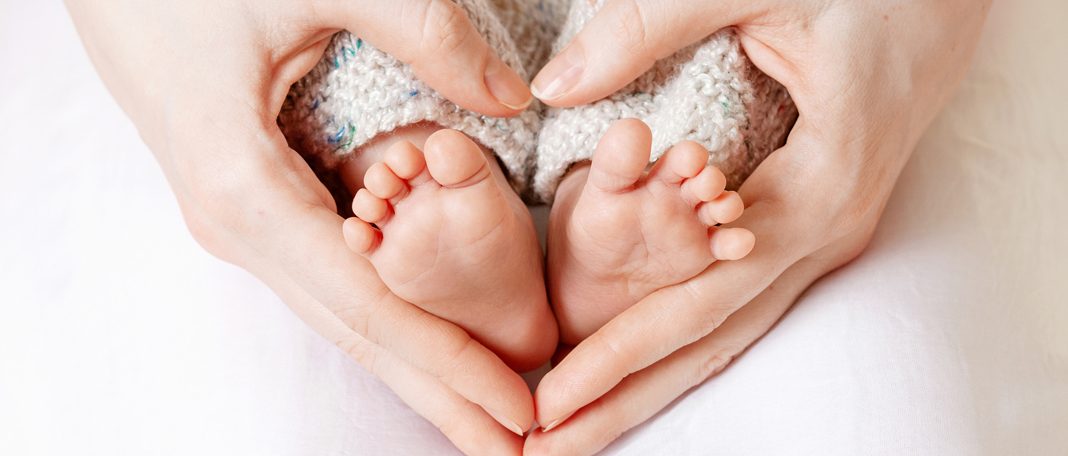Embarking on the journey of pregnancy is a remarkable experience, and proper nutrition is paramount for both the mother’s well-being and the baby’s development. In this comprehensive guide, we’ll explore essential aspects of a healthy pregnancy diet, including the best food for pregnant women, tips for maintaining well-being, and nutritious snacks to keep you on track.
Pregnancy Diet Plan for Pregnancy
During pregnancy, your nutritional needs change significantly. A comprehensive pregnancy diet plan should include:
- Folate-rich Foods: Leafy greens, beans, and fortified cereals provide essential folate to prevent neural tube defects.
- Iron: Lean meats, poultry, and beans are excellent sources of iron, crucial for preventing anemia during pregnancy.
- Calcium: Dairy products, fortified plant-based milk, and leafy greens supply the calcium needed for bone development.
- Omega-3 Fatty Acids: Omega-3-rich foods like fatty fish (salmon, sardines), chia seeds, and walnuts support brain and eye development.
- Protein: Lean meats, eggs, dairy, and plant-based proteins (tofu, legumes) help in tissue growth.
Healthy Food to Eat During Pregnancy
A balanced diet should incorporate:
- Fruits and Vegetables: These provide vitamins, minerals, and fiber. Aim for a variety of colorful options.
- Lean Proteins: Opt for fish (low in mercury), poultry, tofu, and legumes.
- Dairy or Dairy Alternatives: Ensure you get enough calcium and vitamin D.
- Whole Grains: They offer complex carbs for sustained energy.
- Healthy Fats: Include sources like avocados, nuts, and olive oil.
Along with this, you can also have nutritious snacks for pregnancy that can control your blood sugar levels and are readily available.
Nutritious Snacks for Pregnancy
Healthy snacks include:
- Greek yogurt with berries
- Almonds and dried apricots
- Sliced apples with peanut butter
- Hummus with carrot sticks
- Cottage cheese with pineapple chunks
These options provide essential nutrients without excessive calories. These are also some of the best things to eat during pregnancy to control your hunger pangs.
Healthy Weight Gain While Pregnant
Healthy weight gain depends on your pre-pregnancy weight. Generally:
- Underweight: Aim for a gain of 28-40 pounds.
- Normal weight: Aim for 25-35 pounds.
- Overweight: Aim for 15-25 pounds.
- Obese: Aim for 11-20 pounds.
Your healthcare provider can provide guidelines for a happy pregnancy and assist you based on your unique circumstances.
Pregnancy Wellness Advice
- Consider prenatal yoga for relaxation and flexibility.
- Seek emotional support through counseling or support groups.
- Communicate openly with your partner and healthcare provider about any concerns.
Maintaining a Healthy Pregnancy
Throughout your pregnancy:
- Attend all prenatal appointments.
- Follow your healthcare provider’s guidance on supplements.
- Stay informed about potential pregnancy complications.
- Trust your instincts and communicate any concerns promptly.
Read our preconceptions tips on how to have a healthy pregnancy.
Bottom Line
A healthy pregnancy diet, along with proper self-care and support, sets the stage for a successful and joyful pregnancy journey. Remember, every pregnancy is unique, so consult your healthcare provider for personalized pregnancy health suggestions. Your well-being and the well-being of your baby are of paramount importance during this transformative time.















